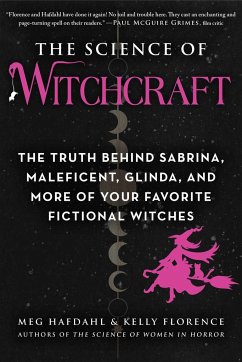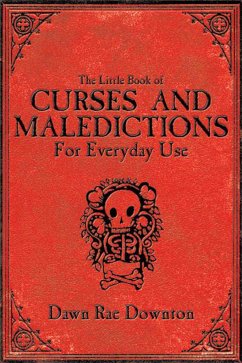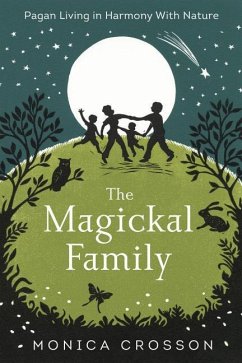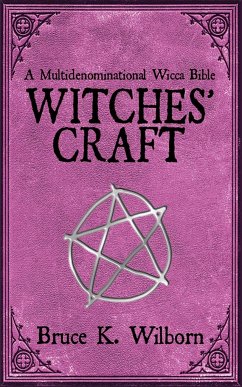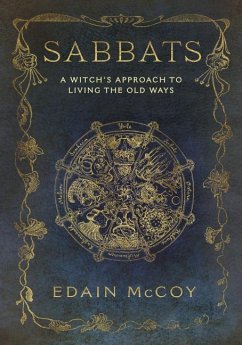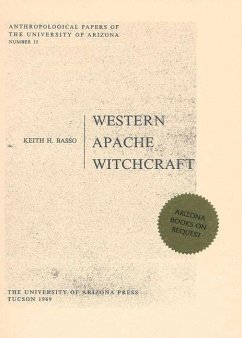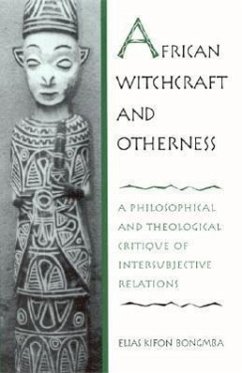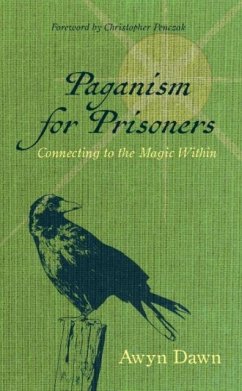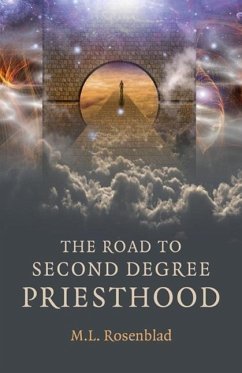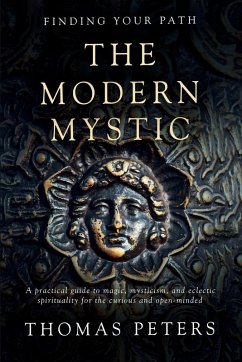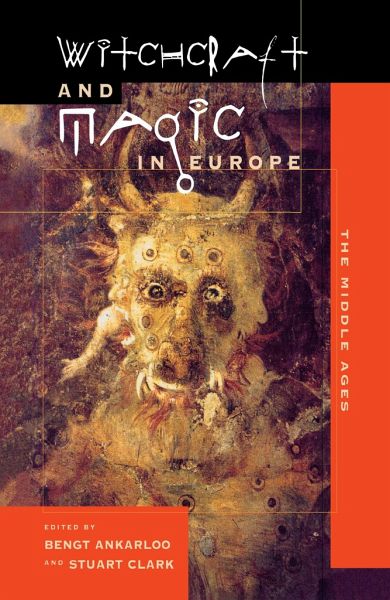
Witchcraft and Magic in Europe, Volume 3
The Middle Ages
Herausgeber: Ankarloo, Bengt; Clark, Stuart
Versandkostenfrei!
Versandfertig in über 4 Wochen
37,99 €
inkl. MwSt.

PAYBACK Punkte
19 °P sammeln!
During the Middle Ages a shared European concept of magic emerged. In the early period, pagan beliefs and practices were absorbed into everyday culture, including the rituals of the Church. The rise of the practice of "white magic" in the twelfth century became so popular that it caused a widespread determination in the Church to condemn any unsanctioned beliefs or practices. The Church and state, both centralized powers in a decentralized Europe, gradually sharpened their attitude toward magic in general, and sorcery and witchcraft in particular, paving the way for the violent outbreaks of wi...
During the Middle Ages a shared European concept of magic emerged. In the early period, pagan beliefs and practices were absorbed into everyday culture, including the rituals of the Church. The rise of the practice of "white magic" in the twelfth century became so popular that it caused a widespread determination in the Church to condemn any unsanctioned beliefs or practices. The Church and state, both centralized powers in a decentralized Europe, gradually sharpened their attitude toward magic in general, and sorcery and witchcraft in particular, paving the way for the violent outbreaks of witch persecutions in early modern Europe. Witchcraft and Magic in Europe combines the traditional approaches of political, legal, and social historians with a critical synthesis of cultural anthropology, historical psychology, and gender studies. The series, complete in six volumes, provides a modern, scholarly survey of the supernatural beliefs of Europeans from ancient times to the present day. Each volume of this ambitious six-volume series contains the work of distinguished scholars chosen for their expertise in a particular era or region.



